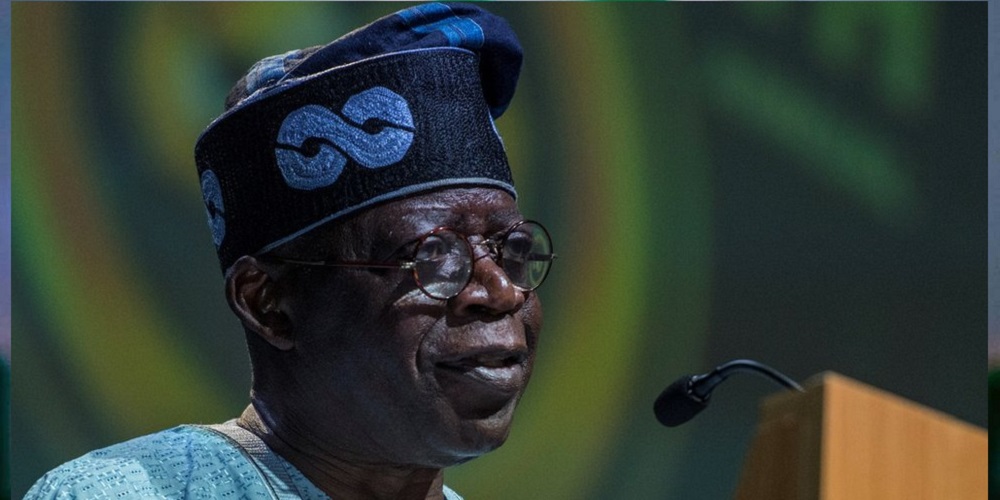Fuel Subsidy Spending to Surge by 50% in 2024 as Tinubu set to spend spend nearly $4 Billion on Fuel Subsidies.
Nigeria is poised to spend 5.4 trillion naira ($3.7 billion) on fuel subsidies in 2024, a 50% increase from the previous year. This significant rise comes amidst President Bola Tinubu’s ongoing economic reforms aimed at stabilizing the country’s financial health.
The draft document, “Accelerated Stabilisation and Advancement Plan” (ASAP), outlines the government’s strategy to address fiscal challenges while fostering growth.
The projected subsidy expenditure marks a substantial increase from 3.6 trillion naira in 2023 and 2.0 trillion naira in 2022. This rise is attributed to the government’s decision to maintain fixed petrol prices despite currency devaluations and increasing costs. The fixed petrol prices have been in place since July last year, following the removal of a costly but popular subsidy in May.
President Tinubu’s decision to eliminate the petrol subsidy was initially praised by investors, as it was seen as a crucial step to kick-start economic growth. However, the immediate effects included a tripling of petrol prices, higher transport costs, and surging inflation, leading to public dissatisfaction and pressure from labor unions.
The ASAP draft, created by the finance ministry in collaboration with private sector executives and economists, aims to address these economic challenges. It suggests several measures to improve the Nigerian economy, including:
Selling equity in state-owned refineries by May 2026.
Increasing excise duty on beverages.
Introducing a tax on single-use plastics and sweetened beverages.
Targeting an oil production increase to around 2 million barrels per day by December, up from the current 1.4 million.
These measures are designed to boost cash flow and address revenue gaps, potentially providing a pathway to sustainable economic growth.
If President Tinubu approves the ASAP, it could lead to the implementation of its recommendations through executive orders. The plan includes ambitious targets for the power, oil and gas, agriculture, and healthcare sectors, with a focus on supporting businesses and driving growth.
Despite these efforts, Nigeria’s economy continues to grow at a modest rate of around 3%, well below the 6% annual expansion target set by Tinubu when he took office. The upcoming increase in fuel subsidy spending underscores the complexities and challenges of implementing effective economic reforms in a volatile environment.
Nigeria’s proposed increase in fuel subsidy spending highlights the delicate balance between maintaining social stability and pursuing necessary economic reforms. As the government navigates these challenges, the success of Tinubu’s broader economic strategy will depend on its ability to manage fiscal pressures while fostering sustainable growth.

